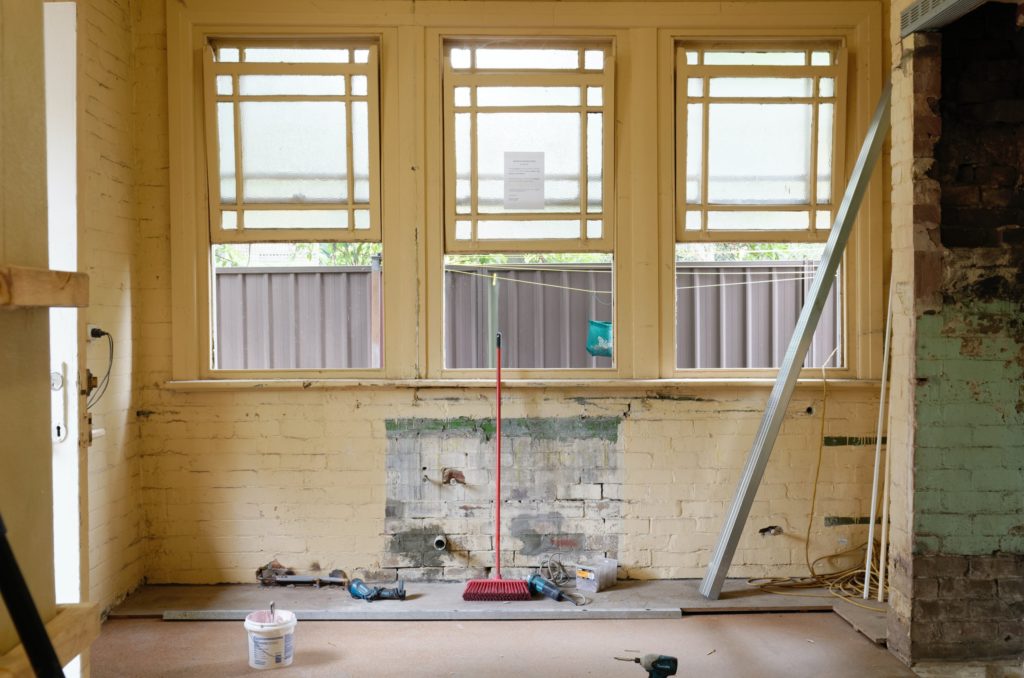Flipping property can be a lucrative way to tap into the real estate market. House flippers saw an all-time high in average gross profits of $66,300 in 2020. Whether beginner or experienced, investors often think that bigger is better. While it might be true that it brings higher returns, it’s not necessarily the best strategy in the long run. There are many reasons why smaller flips are a tremendous advantage over luxury properties.
Factors That Affect the Amount of Profit From a Fix and Flip Project
Investors interested in real estate should have a good understanding of the process of flipping property. Many factors can affect how much profit can be made. The most common include sales lead time, time to rehab, and capital requirements.
Sales Lead Time
Sales lead time is the most significant factor that can affect house-flipping profits. Investors must get rid of their fixer-upper as soon as possible. The longer a property is held, the more that’s paid in interest payments on the mortgage loan. Smaller properties are better to flip because they have shorter sales lead times than larger real estate. This way, a small “quick flip” can have the borrower in and out in a few months.
Time to Rehab
Small homes can be renovated in as little as a week to 90 days, depending on the work needed. Large and high-end properties can take six months to a year or more to rehab and require more time to sell to prospective buyers. That extra “carry cost”—monthly loan, insurance, utilities, and property tax payments—can quickly eat into profits. Also, smaller properties can be turned into rentals more easily than luxury properties if the market were to take a downturn.
Capital Requirements
Many people think that it’s better to be a high-end house flipper with enormous profits. Most don’t realize that this involves higher risk for a much longer time. Larger deals have more extensive capital requirements, so more money will be at risk longer than with smaller properties. Besides, smaller deals are easier to navigate during changes in market trends, interest rates, etc.
Take These Steps for Larger (and Safer) Fix and Flip Profits
Many people make home-flipping mistakes. Based on the most common factors that impact potential profits, there are several steps one can take to ensure larger returns. These steps require a focus on timeframe, frequency, and capital when fixing and flipping homes.
Step 1: Act Quickly
Speed is the name of the game in optimal real estate fixing and flipping. With small flips, this is a piece of cake. Larger flips are much more time-consuming from buying to rehabbing to selling. When supply is down in the housing market, such as during a recession or pandemic, moving things along swiftly makes more sense. As they say, “time is money,” so it pays to get in and get out as fast as possible.
Step 2: Flip Smaller and More Frequently
After purchasing a smaller property, it can be renovated quickly. Gains can be pretty considerable considering the minimal amount of work required. Larger properties often take much longer to rehab, which means it’ll take that much longer to sell. Achieving four small flips in a year has a much higher internal rate of return than one giant flip, even if the dollar amount may be higher.
Step 3: Put Less Capital at Risk
It’s easy to keep one’s eye on the bigger prize without noting the added risk. Contrary to popular belief, more leverage actually yields fatter returns in the long run. Small deals allow real estate investors to do some serious volume-based flipping. It’s better than being limited to one-at-a-time flipping. This is a perfect example of why not to put all eggs in one basket and risk some falling out.
Lenders will also allow a larger percentage of debt on small rehab projects vs. large luxury properties. Down payments increase significantly to take into account the added risk.
Flipping large, luxury, high-end homes seems like the winning lottery ticket to bigger, faster, and easier profits. Small flips may not be that “sexy”. Even so, losing $20,000 is way better than losing $200,000 if something goes wrong with the flip… and it flops! Buying property, whether big or small, has potential risks. A sound understanding of real estate flipping and partnering with great lenders are key to maximizing profits.
Contact Lendmarq for your property loan needs!




